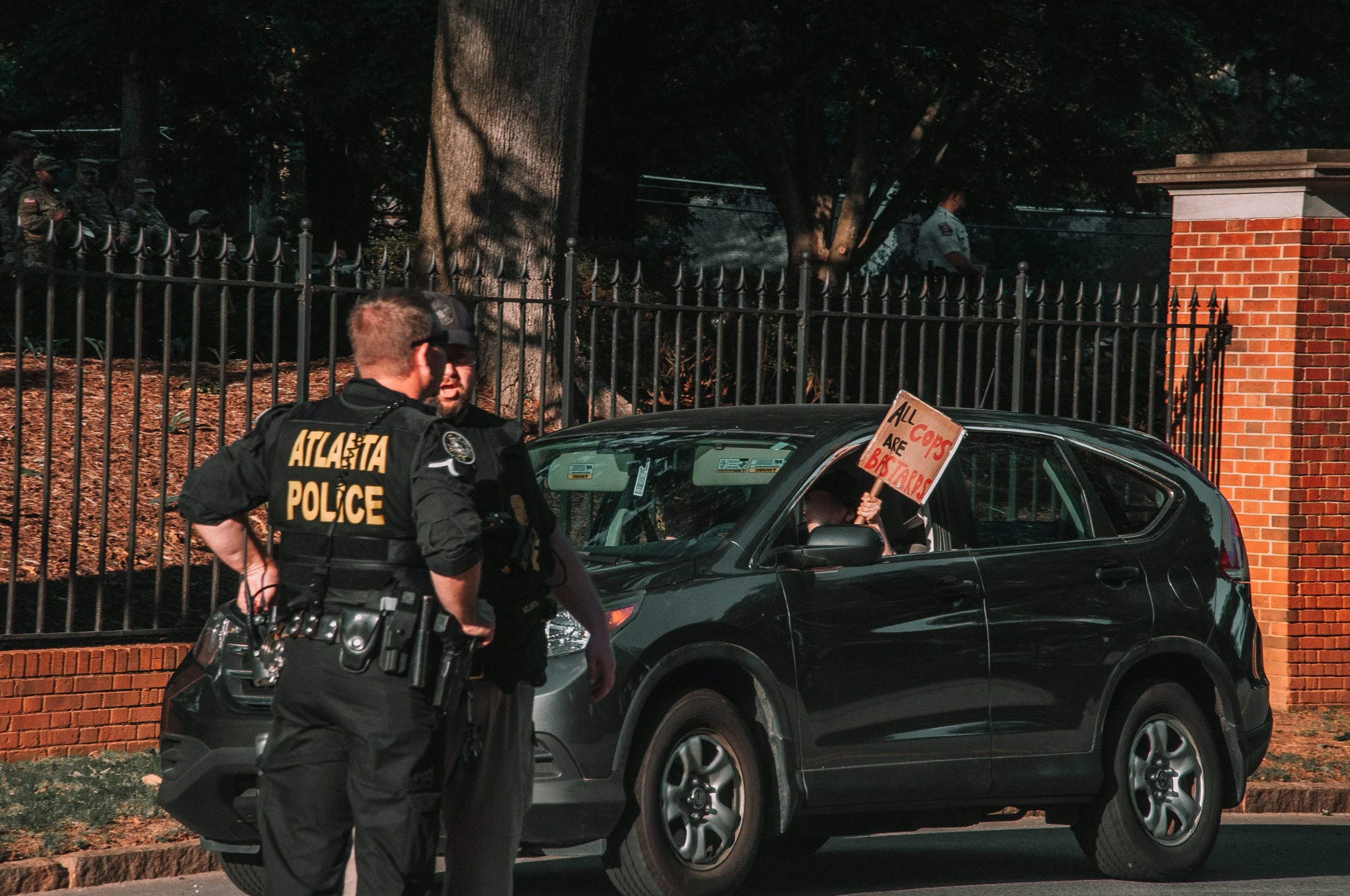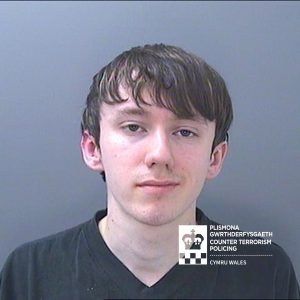The European Court of Human Rights (ECHR) in its proceedings found that Russia was responsible for the killing of the ex-Russian spy Alexander Litvinenko, BBC reported.
Litvinenko, who was a former Russian intelligence agent and became a British citizen later, was fatally poisoned with radioactive polonium-210 in London and died in 2006.
The United Kingdom‘s government ordered an extensive inquiry into the killing after 10 years of the incident. The probe found that killing was “probably approved” by Russian President Vladimir Putin.
Also Read: CIA officer on India visit reports Havana Syndrome symptoms: US media
As per a BBC report, the inquiry ordered by the UK inquiry concluded that the former KGB, Russian security agent bodyguard Andrei Lugovoi and another Russian, Dmitry Kovtun deliberately poisoned Litvinenko, probably by putting the radioactive substance into his tea.
“The court found in particular that there was a strong prima facie case that, in poisoning, Mr Litvinenko, Mr Lugovoi and Mr Kovtun had been acting as agents of the Russian state,” the ECHR ruled.
It was Litvinenko’s wife, Marina, who took the case related to her husband’s killing against Russia to the Strasbourg-based rights court, which has later agreed with UK’s decision to probe the matter.
Also Read: Undecided about recognising Taliban so far: Russia
The court further concluded that Russia’s failure to deny or refute the claims that it was involved in its ex-agent’s killing further broadens the doubt towards the state’s responsibility.
Meanwhile, both the accused Lugovoi and Kovtun have denied any involvement in the killing.
However, the Europen Rights Court has found that the inquiry had established “beyond reasonable doubt” that the duo had carried out the poisoning of their ex-colleague. The court also noted that Litvinenkowas executed by a “rare, deadly poison”.
It was also noted that after a year of the killing, prime accused Lugovoi was made a member of Russia’s lower house of parliament for a right-wing nationalist party. He later condemned the UK public inquiry as a spectacle and an open lie.







